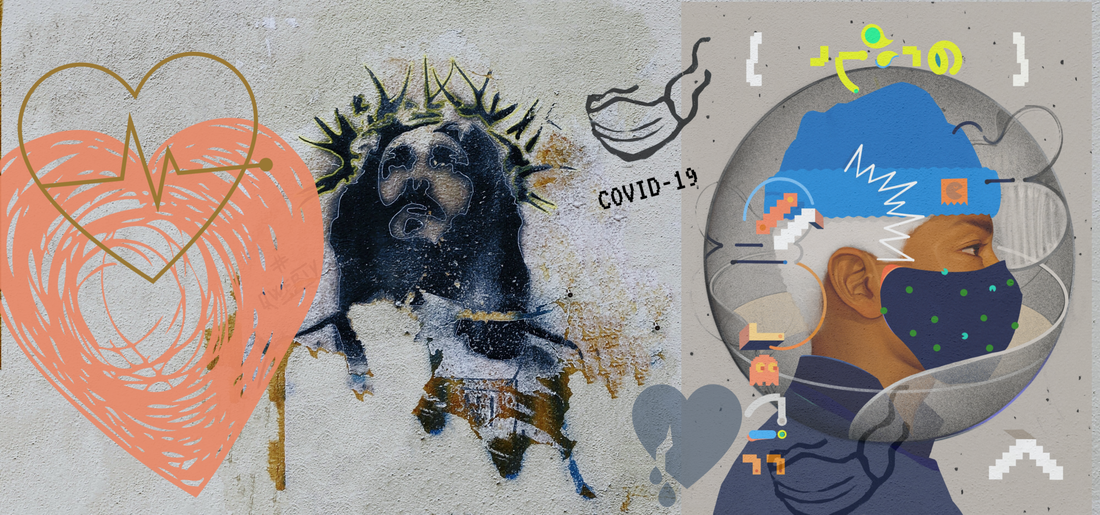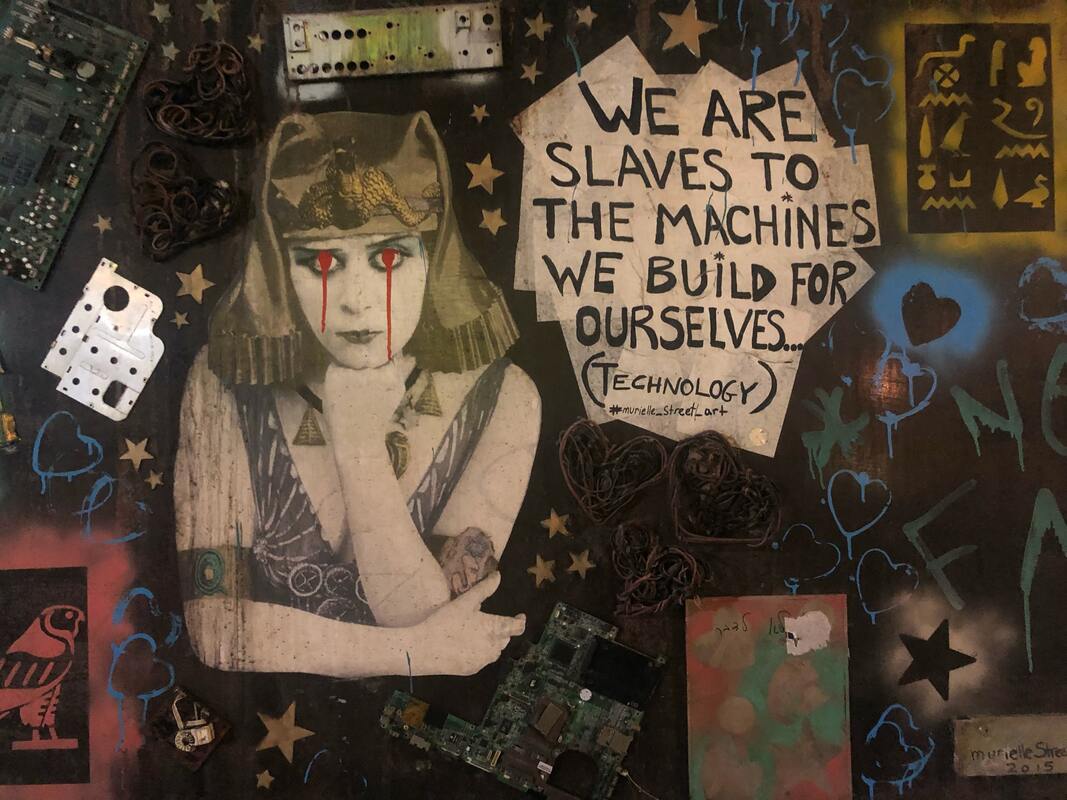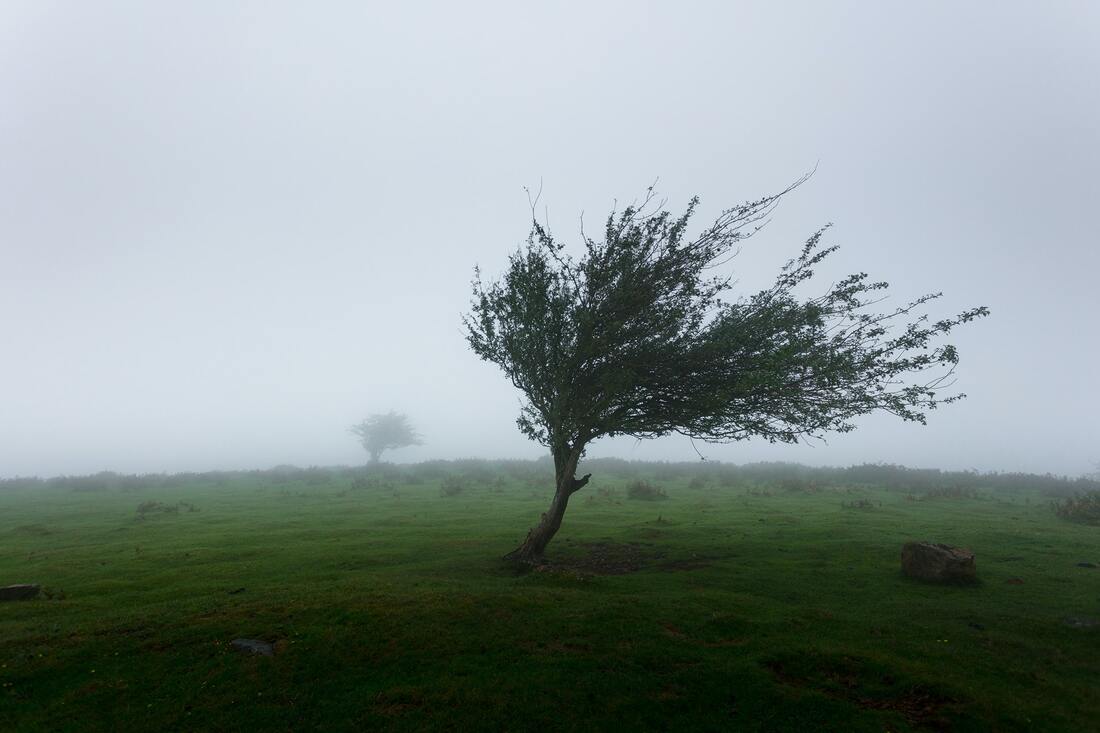@mrotzie, “For what it’s worth, canceling our Thanksgiving celebrations to prevent the spread of COVID gives us a great opportunity to talk to our kids about how entering someone else’s home to intentionally spread a deadly disease is foundational to the holiday in the first place” Twitter, 12 November 2020, 1:22 pm, https://twitter.com/mrotzie/status/1326998703685705734.
Admittedly, I’ve always loved Thanksgiving. It was a time when my big family came together to celebrate. And celebrate we did! Aside from the inevitable family drama, we would sing and dance and play games and laugh ’til our guts hurt. And unlike other holidays that were commercialized to be about shopping or candy baskets (ignore Black Friday), this one day was about being grateful! Yes, I was all in!
Except.That it propagated the myth. The myth of Thanksgiving. This idyllic picture of Pilgrims and Indians feasting together in a harmonious and mutually beneficial relationship. True, there was some beauty in this first feast they shared. However, we simply cannot stop there without acknowledging the atrocities that came next as white colonizers exterminated millions of indigenous people who had occupied America for millennia. Nor should we ignore the atrocities that continue as the racism, greed, trauma, and structural violence continue today. One of the most prolonged and sustained genocides of a people with the goal of complete and total erasure. All cloaked in this idea of Manifest Destiny and done in the name of Christ. It’s enough to make my stomach turn. Maybe no turkey for me this year.
Until.
I read an article featuring Dr. Randy Woodley. Dr. Woodley is a man I deeply admire and have learned from, a Keetowah Cherokee, a Christian, and a professor at Portland Seminary in the Master of Arts in Intercultural Studies program. And thanks to Dr. Woodley’s gracious and profound wisdom, I was shown a place at the Thanksgiving table once again.
In spite of our ugly history, no…actually, because of these atrocities, I want to suggest that we all continue to celebrate Thanksgiving, but with a caveat.
Settler folks must be educated to realize that Thanksgiving in America didn’t begin with the Pilgrims. For thousands of years, many feasts of thanksgiving have been characteristic of all our Indian tribes. This phenomenon continues today. Settler-immigrants should reorient their thinking to view that First Thanksgiving as the first opportunity for them to join millennial old traditions among America’s Indigenous peoples to thank God, who was already present before they arrived, and thank the land upon which they were living. They should view the Plymouth feast as the land welcoming them, and as a result an opportunity to express gratitude to all creation, especially those plants and animals that provided the feast and extended their lives another day. They should see themselves as good guests of the Host Peoples of America and rethink their social posture with more humility.¹
Eat Humble Pie.
Yes, you heard him. If we are to eat pie this Thanksgiving, let it be humble pie. It’s time to discard the myths of colonialism and white supremacy and sit in the discomfort of grief, lament, disorientation, and feelings of powerlessness. For isn’t this the invitation of Christ in Philippians 2:6–8. You must have the same attitude that Christ Jesus had. Though he was God, he did not think of equality with God as something to cling to. Instead, he gave up his divine privileges; he took the humble position of a slave and was born as a human being. When he appeared in human form, he humbled himself in obedience to God and died a criminal’s death on a cross.
So let us be humble, and let us be grateful. And let us learn from those who host us and honor and care for the land, acknowledging the Creator that sustains our very breath. And yes, let us make room for truth and lament as we educate ourselves concerning the real history of America.
No matter what your Thanksgiving Day looks like this year, the disruption of 2020 invites us to continue to learn the real history of this holiday and to acknowledge the tribe whose land we are on. May we use this time to learn about the rich traditions and wisdom of indigenous peoples. And may we partake of much goodness and feasting and leave plenty of room for gratitude and Jesus-inspired, humble pie.
Decolonizing Thanksgiving
Celebrating True Thanksgiving: One Native American View
The Thanksgiving Myth
Thanksgiving Promotes Whitewashed History, So I Organized Truthgiving Instead
“All The Real Indians Died Off”: And 20 Other Myths About Native Americans






 RSS Feed
RSS Feed
